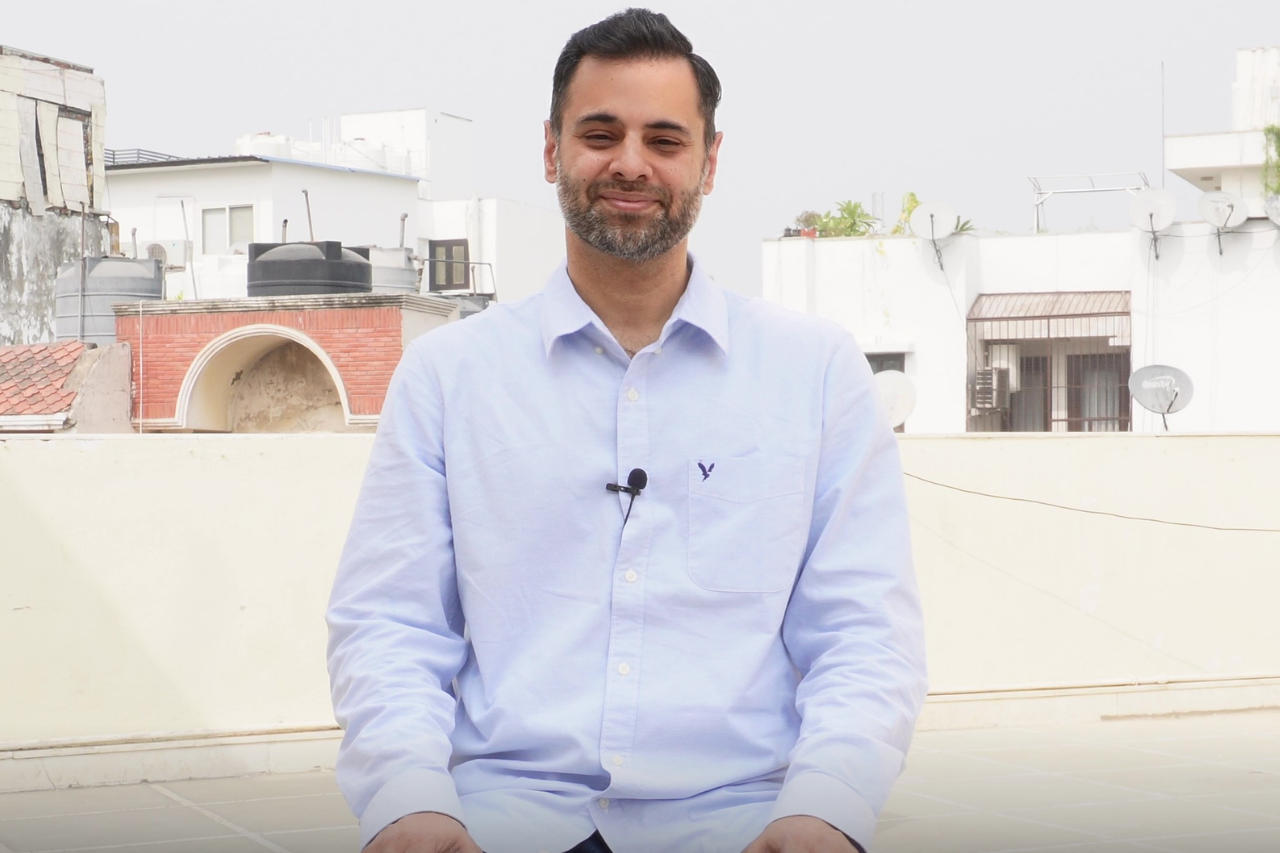Meditation significantly affects our subconscious mind, which is the powerhouse of unlimited creativity and abundance. Meditation helps to reprogram our subconscious mind and create obstruction-free pathways for success and happiness.
Our subconscious is that layer of mind, the contents of which are not readily available, but time and again, its elements resurface on the conscious mind. These include memories, skills, habits, and other internal tendencies.
Our subconscious mind is the store of infinite potential and creativity. The problem is that the mental chatter continually running in our conscious mind blocks this hidden potential. It is only when the conscious mind is clear that things pop up from the vast depths of the subconscious.
Have you ever noticed that sometimes you can instantly recall a phone number, a person’s name, or the lyrics of a song you heard a long time ago? Or sometimes, while you’re giving an impromptu speech, you recall past events, and the appropriate words start to appear magically in your mind.
The ideas and beliefs that you store in your subconscious mind form your personality. If you’ve stored negative traits and pessimistic thoughts, they will manifest in your behavior. If you reinforce negative affirmations – which most of us do – it does reflect in our conscious minds.
Citing my example, I carried this subconscious belief that “I am unworthy of good things in life” for a long time. Since I was unaware of this negative trait, I kept reinforcing this belief every time things didn’t go as planned.
Most of us continually repeat negative affirmations that eventually seep into our subconscious and go further into the unconscious over time. When repeated over and over again, they become our living reality.
Some of these native affirmations are as follows:
- “I am not enough.”
- “I am unworthy of good things in life.”
- “I am unworthy of love and respect.”
- “I hate myself.”
Believe it or not, most of us carry these destructive limiting beliefs 24×7. And the problem is compounded by the fact that we’re unaware of them. Subconscious thoughts create negative emotions that cause havoc on our minds and body. If left unchecked, it can also result in various types of psychosomatic diseases.
The subconscious mind seems extremely powerful, and one might feel it’s impossible to change the acquired negative traits. Here’s the good news – The subconscious mind can be reprogrammed. Practices like yogic sleep, in particular, are incredibly beneficial.
Remember. The subconscious mind is not your enemy – it is your friend. All you need to do is to take charge by accepting responsibility. You can easily attract money, fame, health, and recognition, once you understand how your subconscious mind works and take corrective steps by replacing the negative affirmations with positive ones.
Meditation Changes The Subconscious Mind
Meditation changes the subconscious mind through awareness. Awareness of what? Awareness of the ‘being’ is perceived in thought as nothingness or emptiness. This being is free of personas, labels, or identities that we try to impose on ourselves. It has no attributes or characteristics. It does not manifest in time; it’s always present.
To explain what I’ve said above, I’ll give you the analogy of an ocean. The ocean is turbulent at the surface, with waves reaching great heights sometimes. In case of a storm, it’s terrifying. But as you go deeper into the ocean, it gets quiet and calm.
Our mind is somewhat like the ocean. It is turbulent at the surface, but there’s calm at greater depths. Meditation is the vessel (like a submarine) that helps us navigate the ocean-like mind. As we go deep into meditation, it becomes calmer.
Eventually, we reach a point of absolute restfulness. At this point, we discover our greatest potential and the ultimate source of joy and bliss.
However, achieving this state is not easy. While undergoing this path, we have to deal with many deep-rooted afflicting thoughts, emotions, and traumas before we finally reach a state of restful calm.
I see many people give up meditation because they don’t want to deal with uncomfortable emotions. They cannot bear the ego’s discomfort, which fiercely guards the unpleasant aspects of our personality stored within the subconscious.
When we start meditating, we cultivate awareness. This awareness grows with time, and we encounter different types of experiences based on the phase we are in.
In the first phase, i.e., a couple of weeks into meditation practice, we experience calm as the conscious mind slows down the movement of thoughts. It is an extremely pleasant experience as the conscious mind gets clear of the negative internal chatter.
The conscious mind then makes space for things that have been suppressed and repressed for years to arise from the depths of the subconscious and unconscious mind.
At this point, we start recalling random events from early childhood and other long-forgotten incidents. Don’t try to relate these events to your present life. Just observe them.
After that comes the second phase, which is usually the most uncomfortable and may even be traumatic for some. I, in this phase, was experiencing nightmare dreams and sleep paralysis. It was scary.
After a couple of months, begins the third phase, which is marked by feelings of pure bliss, unwavering focus, sharp senses, and enhanced creativity. At this point, our subconscious mind is in sync with the conscious mind.
We become fully aware of fears and gain the capability to let go of them without allowing the ego to interfere. In other words, we become less ego sensitive and learn to perceive things and events the way they are.
Although we operate through personas to function in the material world, we shouldn’t create strong attachments to these personas. Meditation enables us to remain detached yet completely functional, engaging in daily life affairs with full vitality and enthusiasm.
For example, when confronted with a challenging situation, instead of switching to the default tendencies of panicking or reacting impulsively with rage and aggression, we can evaluate the situation calmly and respond in a dignified manner.
These impulsive behavioral tendencies reside in our subconscious minds. They act as a defense mechanism of a fragile ego, hiding the underlying feelings of fear, insecurities, and limiting beliefs. Meditation helps in subduing the ego, restraining it to the extent it should be.
Meditation makes us aware of the negative affirmations we reinforce subconsciously. These are just negative thoughts that generate afflicting emotions.
We can reprogram our subconscious mind by practicing positive mantra meditation. Transcendental meditation is a great meditation practice that can help.
When a positive affirmation is continually repeated over time, it gets stored within the subconscious mind. There’s no hard and fast rule to it; you can practice any mantra of your choice.
Meditation rids the mind of past conditioning that goes deep up to the subconscious and unconscious levels. The process is simple but effective.

